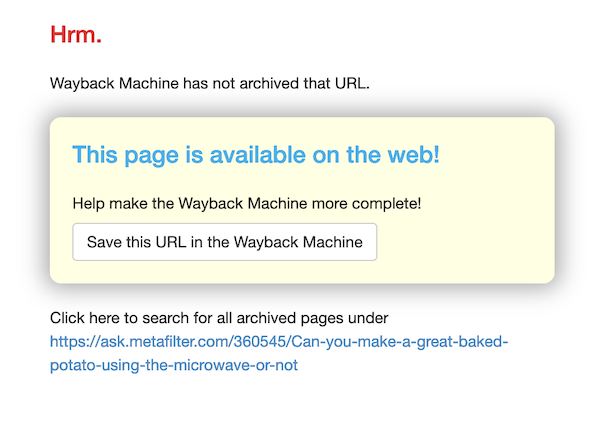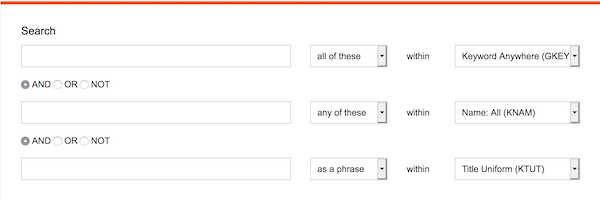From a local hearing impaired pal: Can you help the library to get captions on Zoom? They’ve been trying to figure it out for a couple of months now. I asked them to have you help them, but I don’t think they’ve tried that.
Live captions are now a service available to anyone with a Zoom account, paid or free, but its not always obvious how to get it working. I got it sorted for my local library so I figured I’d write down my steps in case it helps others. Turns out this is a thing you have to first turn on in the settings which is confusing. Continue reading “Ask A Librarian: Getting Live Transcription Working with Zoom”


